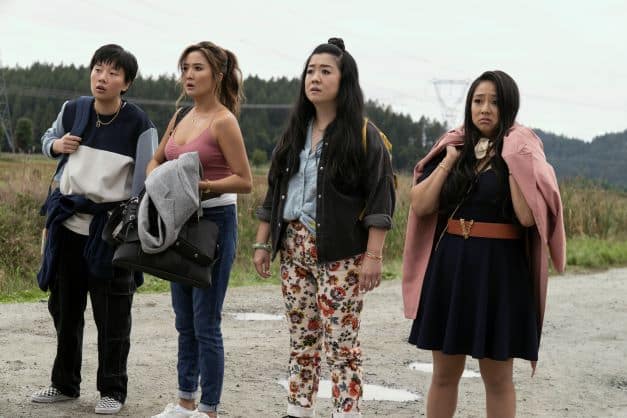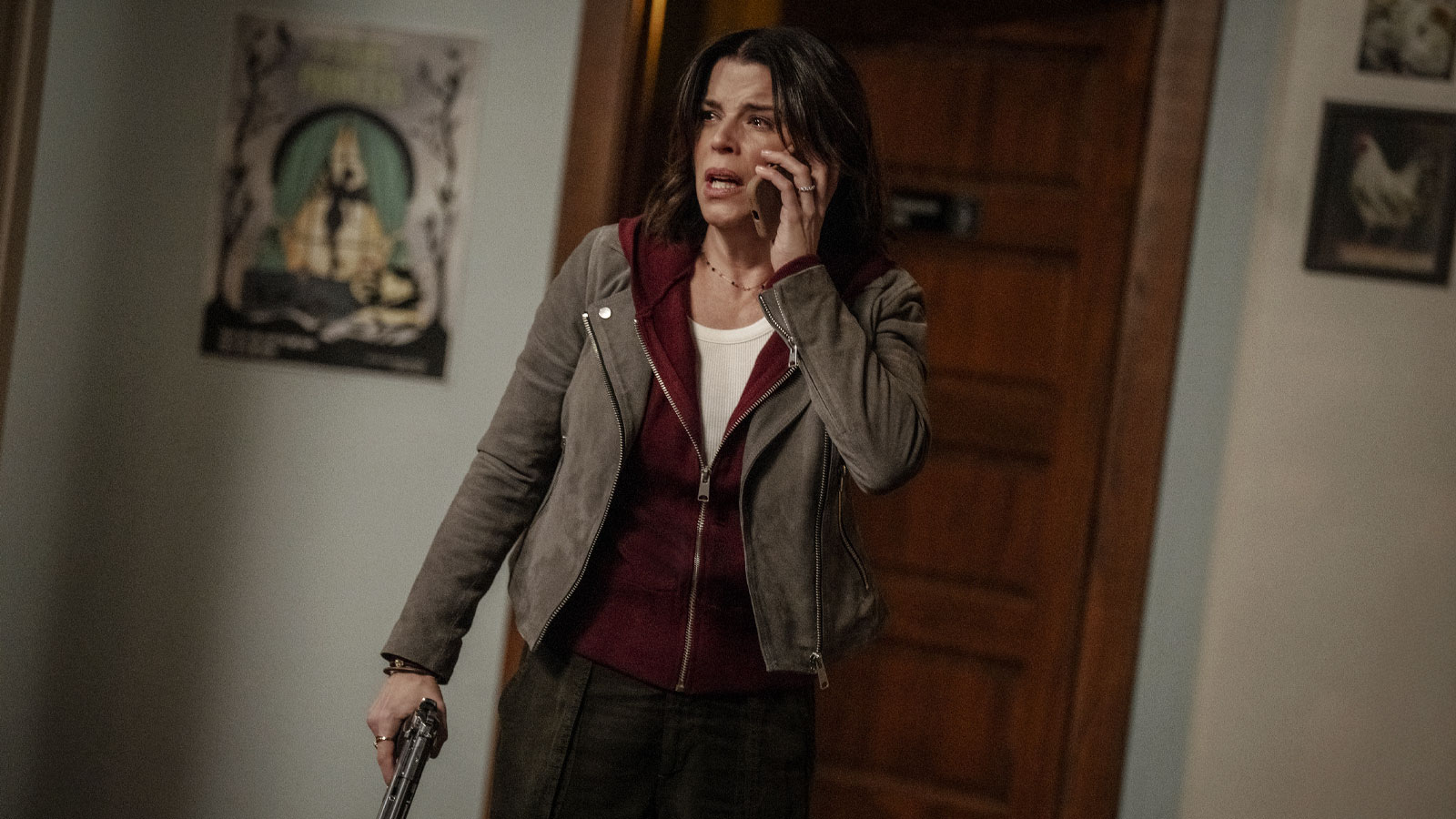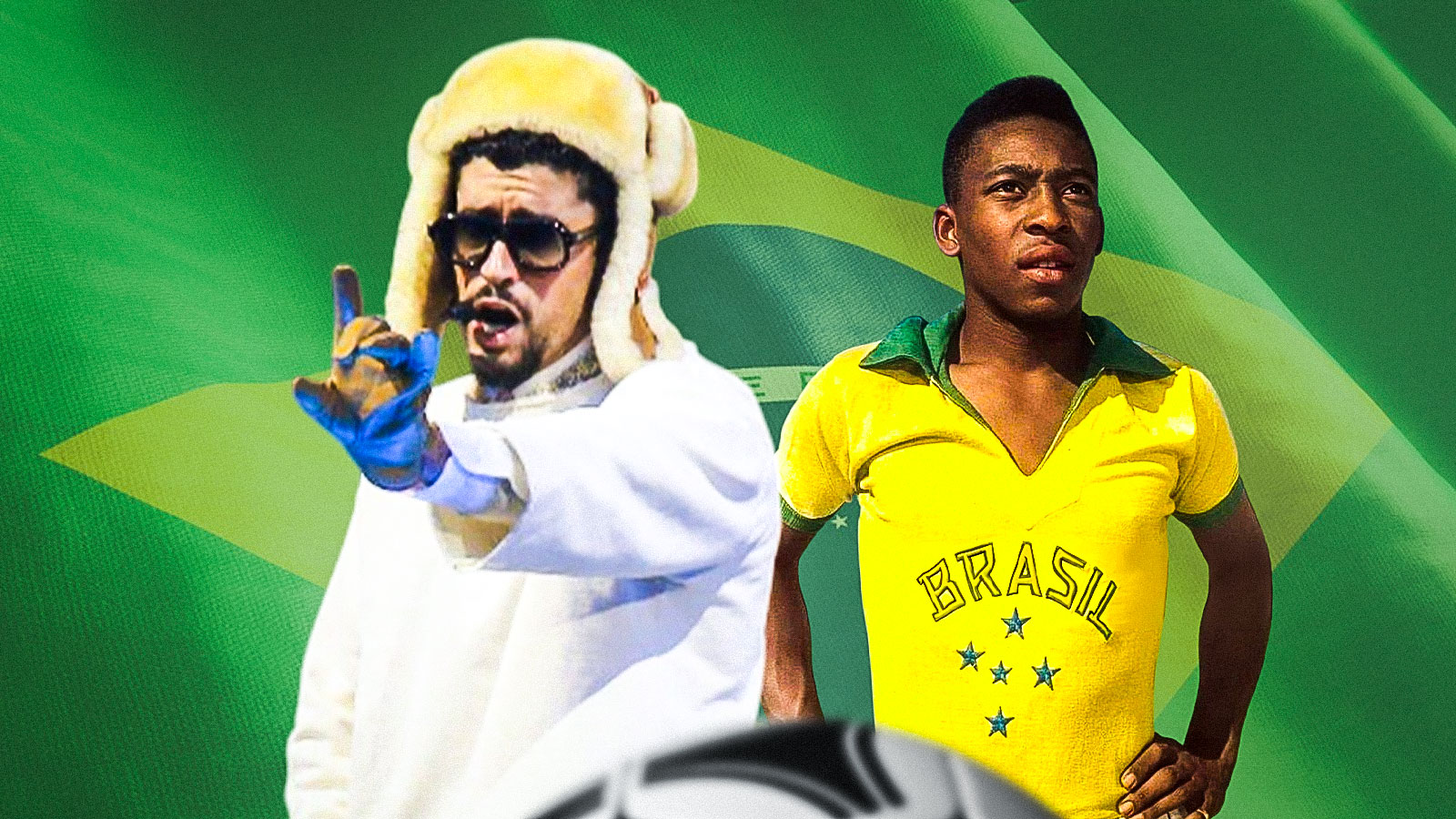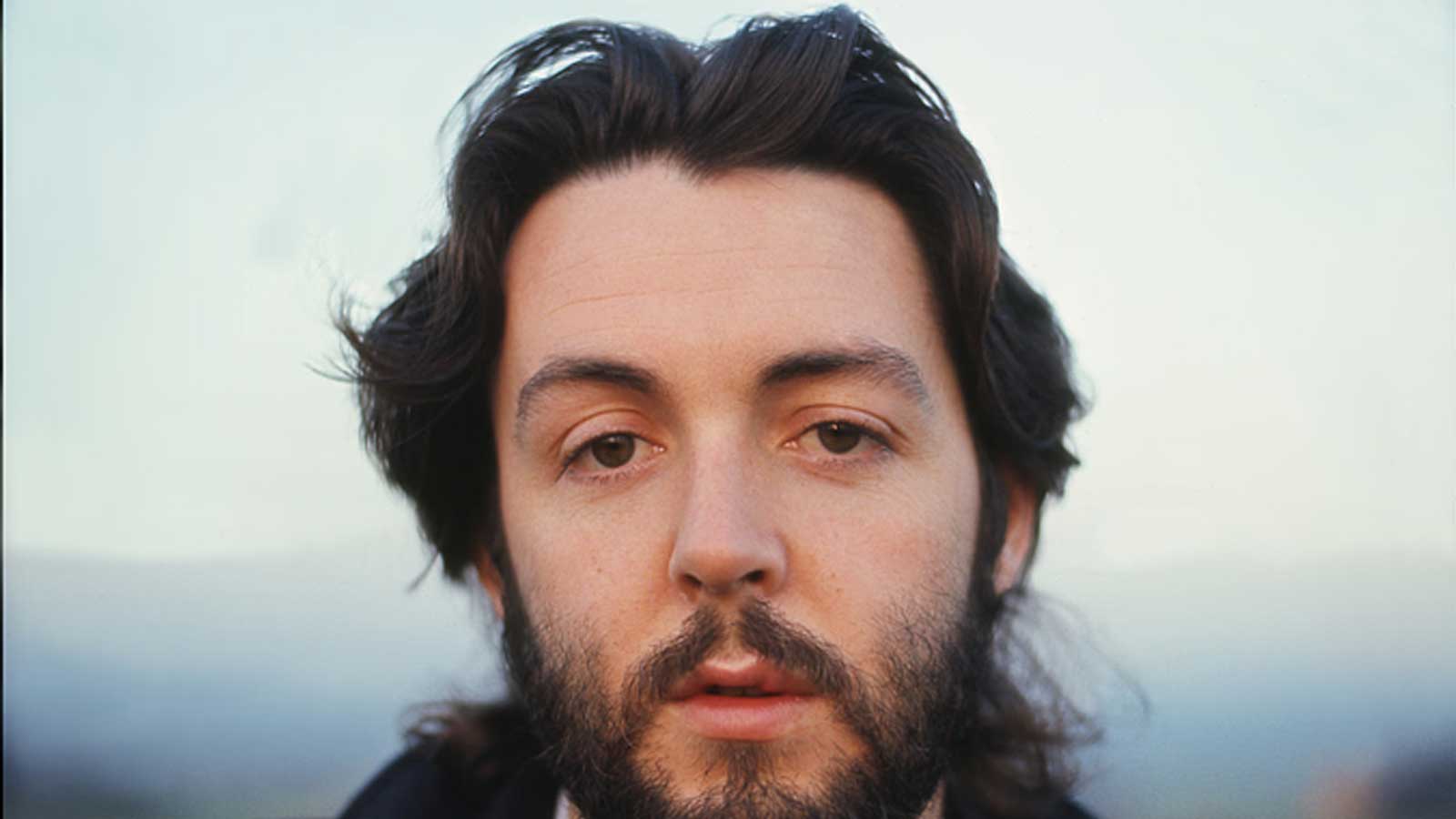There have been a couple of really great Asian adoption dramas in the last year or so — Return to Seoul and Broker were both winners — but were dramas. A new film from Adele Lim and the minds of Seth Rogen and Evan Goldberg, Joy Ride, tackles this subject matter in the tone of their past work in one of the raunchiest films in recent memory that always retains its own identity.
Joy Ride review
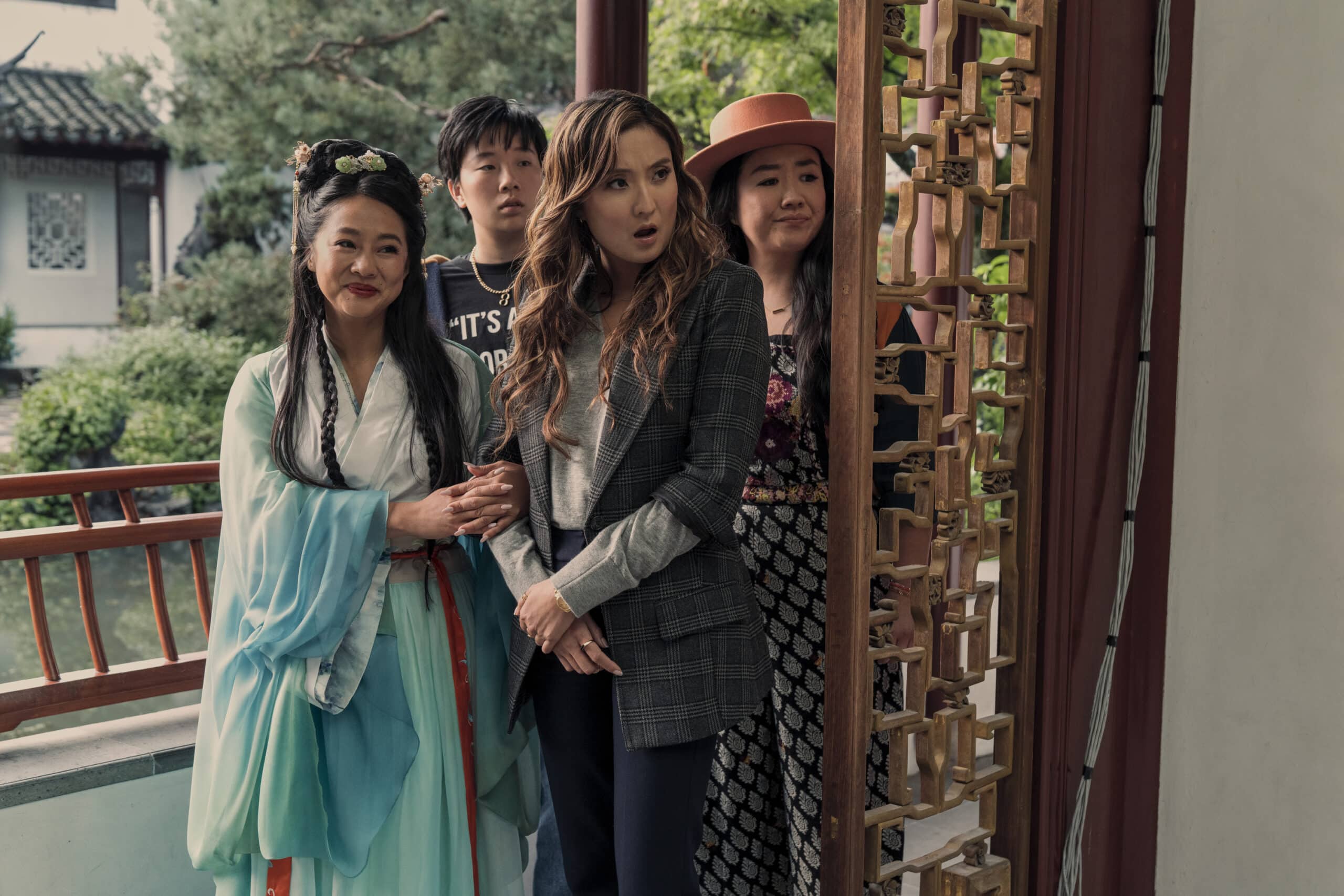
Full disclosure: a film like Joy Ride does hit close to home as a Korean adoptee. Those who know me are aware of this story, but my family moved from New York City to suburban Pennsylvania when I was a child. So right off the bat, when a young Audrey (played by Ashley Park in her adult years) is introduced to a young girl named Lolo (played by Sherry Cola in her adult years), the two click as the two Asians in their community.
They remain close, but in college, Audrey got close to Kat (Stephanie Hsu), an aspiring actress. Post-graduation, Audrey became a lawyer — her making partner depends on closing a major deal, but more on that promptly — and Kat goes off to China to become an actress on a hit show. Meanwhile, Lolo is an artist who makes “sex-positive” artwork.
It's important to note that as an adoptee, Audrey felt a disconnection between her birth mother and her culture. She was raised as an American — complete with a pillow with a wine pun that you'd find at Hobby Lobby — and has run from ever meeting her. But that gets thrown by the wayside when Lolo joins Audrey on her big business trip. Upon nearly blowing the deal with the businessman played by Ronny Chieng, Lolo, in a moment of desperation, suggests that Audrey is close to her birth mother and is going to meet her on that trip. This obviously isn't the case, and thus the friends overlap, and Audrey, Lolo, Kat, and Lolo's cousin Deadeye (Sabrina Wu) have to go on a country-spanning adventure to find Audrey's birth mother.
Joy Ride's four pillars of identity
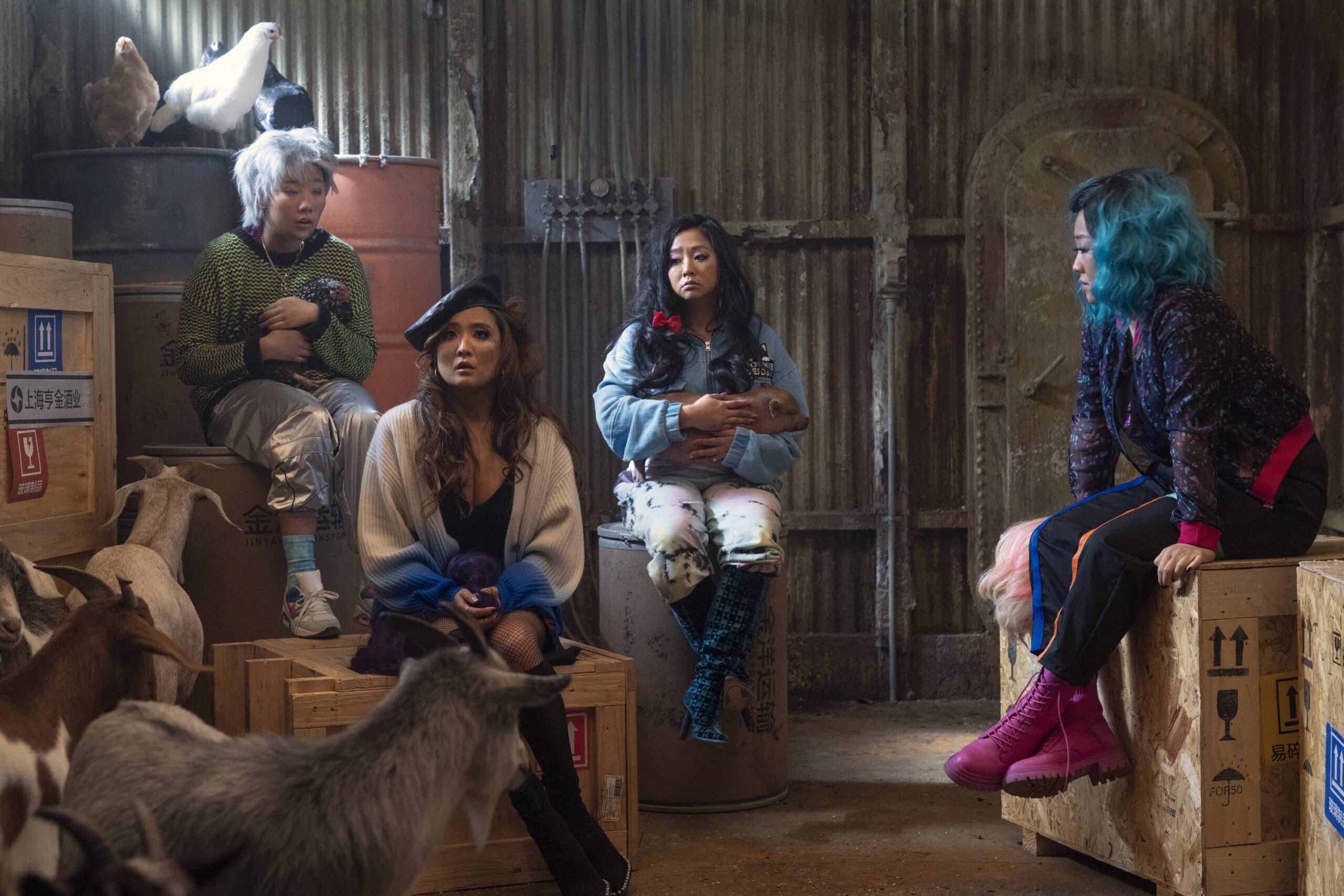
Joy Ride is a film about identity — whether that's running from it, discovering it, or accepting it. As an adoptee who was asked the same question of “Why don't you look like your parents?” and told “Your birth mother (clearly) didn't want you” as Audrey is early on in her life, the film hits close to home. If you're not surrounded by people from your community, at least to some degree, it can become isolating. That's why Lolo being Audrey's only outlet is a blessing and a curse as Lolo, on the other hand, was raised by a Chinese family and never has doubts about who she is.
Granted, Lolo isn't without her own struggles. For starters, being an “artist” when you have Asian parents that expect you to be a doctor or lawyer is tough. There seems to be one linear path that you have to follow as an Asian, but Lolo has to learn to stick by her guns. Cola, by the way, is stellar in the role. She's capable of being as raunchy as needed with the same charm that made Awkwafina a superstar.
And it's a complex issue that's only fully understood by those who lived it. One kid tells the young Audrey and Lolo that the slide “isn't for ching-chongs” (before being punched in the face by the latter). Things like that, and being told that you were abandoned by your birth mother, explain why Audrey has some resentment toward Chinese and Asian people alike. You may call it racism as Lolo does, but that resentment (even subconsciously) stems from somewhere, and Park is a master at conveying that in her performance. You grow thicker skin the more you experience that type of stuff — even at this screening, one little kid brought by his parents began imitating the Asian accents on-screen — but some scars never fully heal as Audrey shows.
Then you have someone like Kat, someone too scared to look back at their past and will lie their way through life even if it hurts those closest to them. It's clear that Kat was a wild child in college — Audrey recollects a time when Kat got intimate with two of the Jonas brothers and got a tattoo near her private parts — but upon first meeting her in China, she's a changed woman. She's in a relationship with her co-star Clarence (Desmond Chiam), the type of “Jesus freak” that wants to “leave room for God” in their cuddles.
Despite that front, it's evident that the two are teetering on the edge of having sex. All I'll say is that if they were at Liberty University, they'd “ring by spring” just to get the inevitable out of the way, but they both claim to be saving themselves for marriage (much to the confusion of Audrey and Lolo alike). Maybe you have met someone like Kat, maybe you haven't, but the notion of lying and compromising yourself to fit the mold of your love interest is quite universal. It doesn't have to be sex-related, but Kat represents a greater issue that many face (even if they don't care to admit it).
And then you have Deadeye, the wild card of the group. The shy shell is broken throughout the film, and Wu plays the character with the right mixture of awkward and endearing that makes you want to give her a hug through the screen. Deadeye is a lonely cat, with her only “friends” coming into the film being those she met online on K-Pop message boards. Who knows if they're real or not, but Deadeye is someone who relies on their adoration of K-Pop to find love and acceptance in their own life since society won't give it to them. Even if it's not K-Pop, music is a great way of finding out a lot about who you are — just look at what U2 did for me.
Subverting expectations
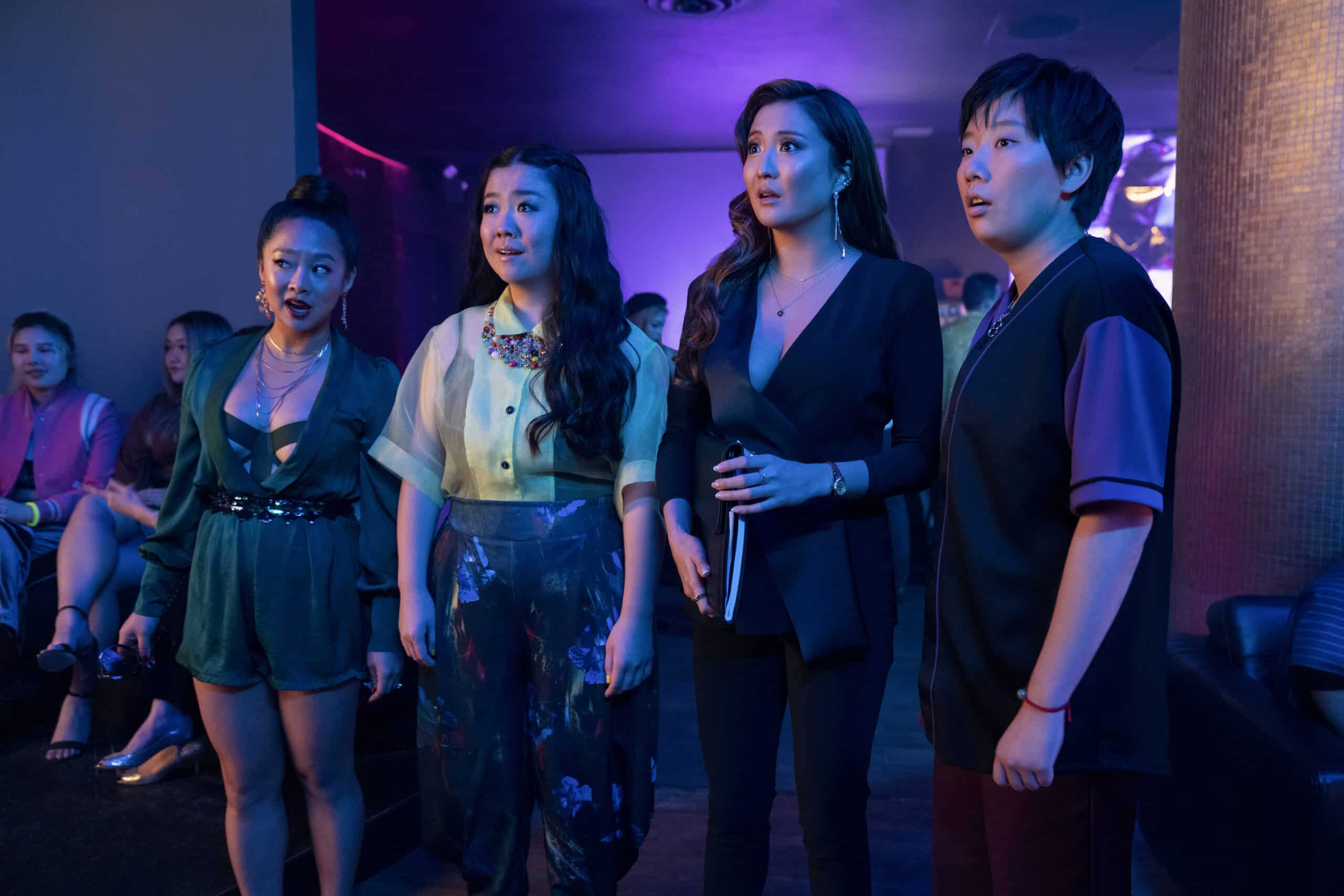
This is also a film that cleverly subverts tropes and genre expectations. Writers Cherry Chevapravatdumrong and Teresa Hslao channel their inner Rogen and Goldberg while also making Joy Ride distinctly their own. From the very first scene when Audrey's adoptive parents — played by David Denman and Annie Mumolo — approach Lolo's parents, you get what this film is aiming to do. Upon the first few seconds of this encounter, you may expect that the white parents are about to inadvertently say something somewhat racist about Audrey — granted, they do begin the conversation with the question all Asians in America have been asked: “Is she Chinese?” — but lo and behold, they just wanted their Chinese daughter to have a friend and for the first time have found one that's Asian.
The same subversion can be seen later on in Joy Ride as Audrey finally gets closer to meeting her biological mother. No spoilers here, but similar to how a film like Return to Seoul did something unexpected with that scene, Joy Ride zigs when most films zag.
Now, a comedy film reliant on a core group of four actors as Joy Ride is can be tough to pull off. There has to be believable chemistry amongst them, but they also have to pull off the complexities of friendships. For example, Audrey and Lolo are childhood best friends, but Kat and Audrey also share a very close bond. You can see it on Cola's face in the background of the first few scenes in China where she's slightly jealous and resentful of the bond that Kat and Audrey have.
Fair warning: Joy Ride is an extremely raunchy film and is unapologetic about it. It shouldn't surprise you that the folks behind Sausage Party had a hand in a film that has a bit revolving around a tattoo in a very intimate spot (even putting it on full display which made my entire screening audibly gasp). Joy Ride is hilarious, but it does push the envelope even further than something like any of Rogen and Goldberg's many projects.
Granted, the couple that sat directly in front of me in their 60s ate up the entire film. Be that as it may, Joy Ride is still hilarious. Its humor is largely ridiculous — like the train sequence — but the K-Pop mashup and dance number had me rolling as did many of Deadeye's lines (with Wu's excellent delivery).
Interestingly, for a film as funny and raunchy as Joy Ride is, it's a film that can be serious. That's not always easy to accomplish, as some films go too heavy on humor. Look at The Flash, a film that despite being a comic book movie still had some very intimate moments between Barry and his mother. However, they ripped a page out of the MCU playbook and relied way too much on humor that anytime a serious moment came, you were awaiting a punchline. Joy Ride knows when to settle into a lower gear and slow down, especially in the last 15 minutes or so of the film.
Should you watch Joy Ride?
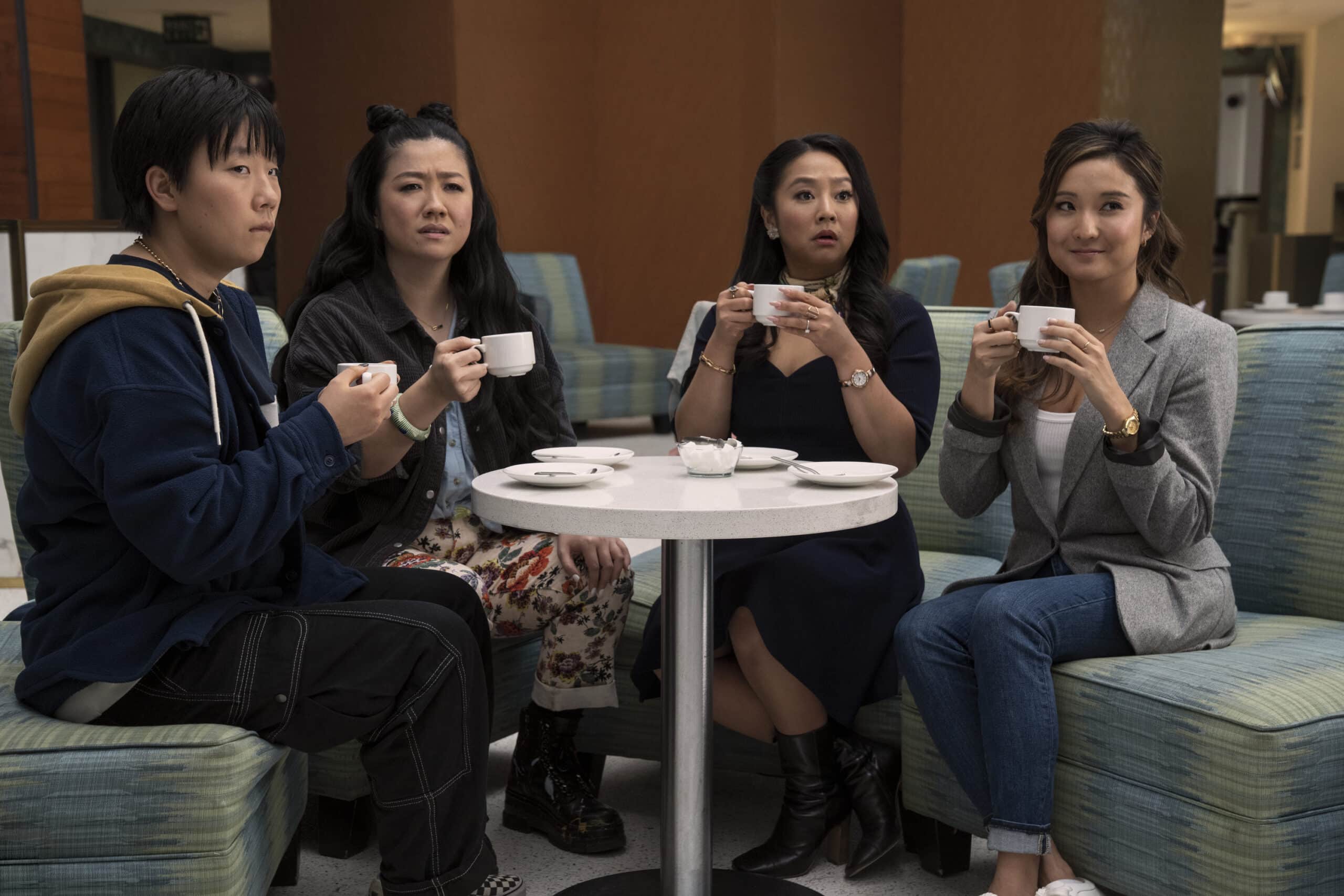
Joy Ride is the funniest film of the year, bar none. Every once in a while, it's refreshing to see an R-rated film with zero f**ks given. The easiest way of describing it is if Booksmart and Superbad had a road trip baby. While it's raunchy and unrelenting on the surface, there are some poignant themes in its razor-sharp script. It's a film about adoption that never reduces it down to a joke just as much as it's a film about identity while never compromising its own.
Final Joy Ride Review Grade: A-
Joy Ride will be released on July 7.

